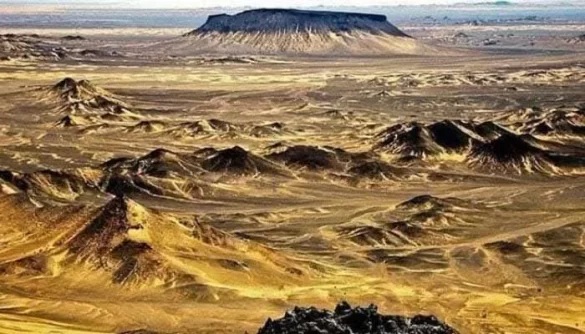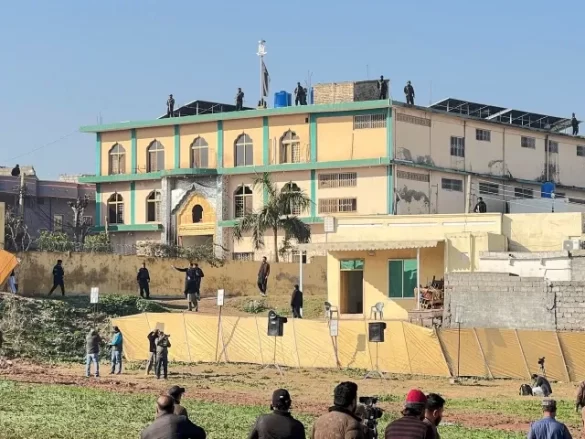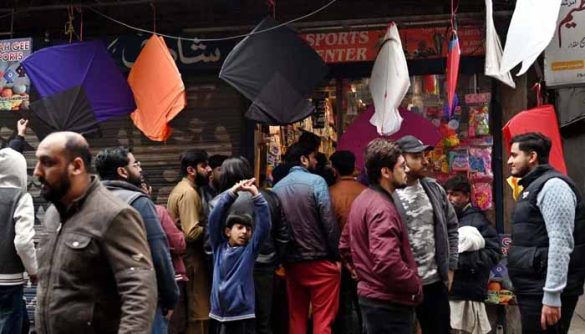Government Promises Relocation and Housing
Khyber Pakhtunkhwa Chief Minister Ali Amin Gandapur has announced that flood-affected families will be moved from vulnerable areas to safer locations, where new settlements will be established.
During a visit to Swat, Gandapur said the provincial government would not only rebuild destroyed homes but also ensure that communities living along natural water channels and seasonal streams were relocated. He stressed that the aim was to prevent repeated losses from flash floods, which have intensified in recent years.
“The government will compensate every individual affected by the disaster,” he told reporters. “We will face this natural calamity with full resolve and will not leave our people alone.”
Call for Federal Support
Gandapur underlined that assistance from the federal government should not be viewed as a favor. “It is their constitutional and moral duty,” he said, urging coordinated national action to confront the disaster.
The Chief Minister highlighted the role of the Pakistan Army in ongoing relief efforts. He confirmed that the military had provided additional helicopters to speed up rescue operations, especially in hard-to-reach areas cut off by floodwaters.
Acknowledgment of Longstanding Issues
Admitting past negligence, Gandapur said years of failure to clear water channels had worsened the impact of floods. Blocked streams, he explained, forced water into populated areas, amplifying destruction.
He also criticized illegal encroachments in flood-prone zones. Citing Buner district, he pointed to a marketplace that had been built across a natural watercourse. According to him, if the structure had been removed earlier—rather than protected under a court stay order—the scale of loss would have been far smaller.
“When officials issue warnings, people often ignore them and seek relief through the courts,” Gandapur said. “This behavior ends up causing much bigger tragedies.”
He further questioned those profiting from encroachments: “By occupying waterways, do you think you are earning a lawful livelihood?” He warned that land grabbers would face punishment, though he admitted that penalties alone would not be a permanent solution.
Public Anger in Swat
While Gandapur toured flood-hit areas, frustration simmered among survivors. In Mingora and Saidu Sharif, groups of displaced residents staged protests, blocking roads to demand urgent assistance.
Protesters complained that despite repeated appeals, government relief had not reached them even three days after the floods. Many said they lacked food, clean water, and shelter.
Devastating Toll in Khyber Pakhtunkhwa
The recent spell of torrential rains and flash floods has left a heavy toll across Khyber Pakhtunkhwa, aligning with the countrywide flood warnings issued by NDMA. According to official figures, at least 328 people have died in the province in recent days.
Buner district is the worst affected, where more than 200 people have been killed. Dozens of homes were swept away, livestock drowned, and farmland destroyed. Families who lost everything are now taking refuge in makeshift shelters or living with relatives.
Floodwaters also damaged roads, bridges, and power lines, cutting off access to remote valleys. Relief agencies have struggled to reach several communities due to washed-out infrastructure.
The Bigger Picture
Pakistan is among the countries most vulnerable to climate change. Experts warn that rising global temperatures are increasing the frequency of extreme weather, including cloudbursts and flash floods in mountainous regions.
The 2022 floods across Pakistan, which submerged one-third of the country, killed more than 1,700 people and displaced millions. Since then, authorities have pledged to improve disaster management, yet repeated emergencies highlight ongoing challenges in planning, infrastructure, and governance.
Gandapur’s promise to relocate communities marks a significant step. However, residents remain skeptical, pointing to a long history of pledges that were never fully realized.















